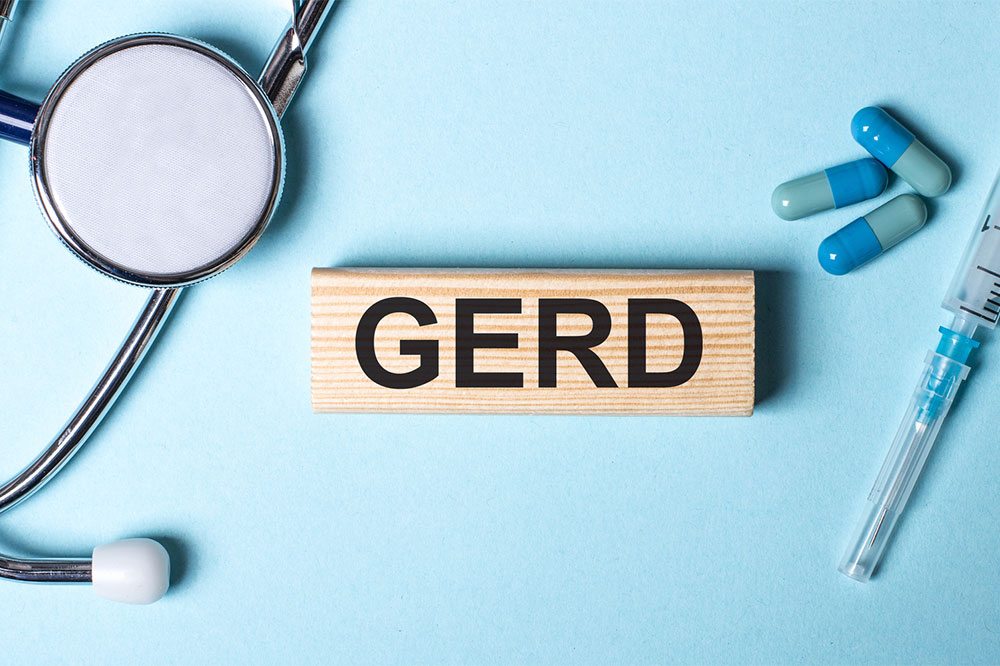All You Need to Know about Celiac Disease
Celiac disease is developed due to the immune reaction to the consumption of foods which has gluten in them. It is generally found in food items like rye, wheat, and barley. Villus, a small intestinal component, is affected due to this disease which leads to mal-absorption of nutrients. Malnutrition is one of the main condition which affects the victim of this disease.
Causes of celiac disease
Though the exact causes cannot be effectively established, there are some triggers and risk factors which may lead to celiac disease.

In most of the cases, a high gluten intake can be the main cause of this disease. Genetic variations can also lead to celiac disease.
Symptoms of celiac disease
The symptoms of this disease can be diversely different in case of children and adults. In the case of adults, the symptoms may be related to digestive system abnormalities. They are:
- Pain in the abdomen
- Diarrhea
- Vomiting
- Constipation
- Fatigue
- Weight loss
In addition to the above, there may be other symptoms which an adult may experience. They might not relate to the gastrointestinal system. They are:
- Iron deficiency leading to anemia
- Bone softening
- Ulcers in the mouth
- Blisters and itchy skin rashes
- Numbness in various muscles of the body
- Pain in the joints
- Heartburn
- Abnormal spleen functioning
Children can develop celiac disease as early as when they are 2-years-old. In most of the cases, they face completely different types of symptoms. For them, many symptoms may carry more intensity. Some are given below:
- Acute vomiting
- Loss of appetite
- Muscle wasting
- Mobility failures
- Chronic diarrhea
- Swollen infection in the belly
For the older children, added symptoms which can be counted are-
- Weight loss
- Short height
- Delayed puberty
- Hyperactivity
- Dyslexia
- Headaches
- Lack of coordination
In the case of diarrhea and abnormal digestion, one should consult the General Physician if the above symptoms are persistent for more than 2 weeks. Children always need to go through a thorough observation if they persistently continue to experience symptoms; immediate medication is important for them.
Treatment for celiac disease
There are no proper medicines which directly work for curing celiac disease. However, there are multiple measures to control the condition and manage it to lead a quality life. First, a person should strictly stick to a long-term gluten-free diet. Completely give up on having the following products which have large amounts of gluten in them:
- Rye
- Malt
- Barley
- Durum
- Farina
- Semolina
- Graham flour
- Spelled
- Triticale
You must consult a dietician as they will give you a gluten-free diet plan. If the patient minimizes the intake of gluten, inflammations in the small intestine can revive. Though, it may take many years for villi to recover. In children, the recovery process can be faster than in the case of adults. Some patients may not experience any symptoms from accidental consumption of gluten while some may start having complications like severe abdominal pain and diarrhea.
In a condition of having celiac disease, always consider having vitamin and mineral supplements. They can prove to be a beneficial treatment for the disease. One may need supplements to increase the amount of calcium, iron, Folate, zinc, vitamin D, vitamin A, and vitamin B 12 in the body.




